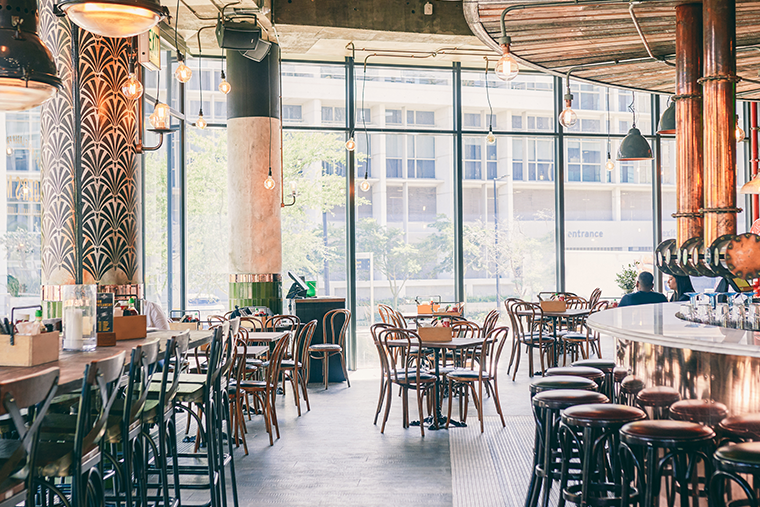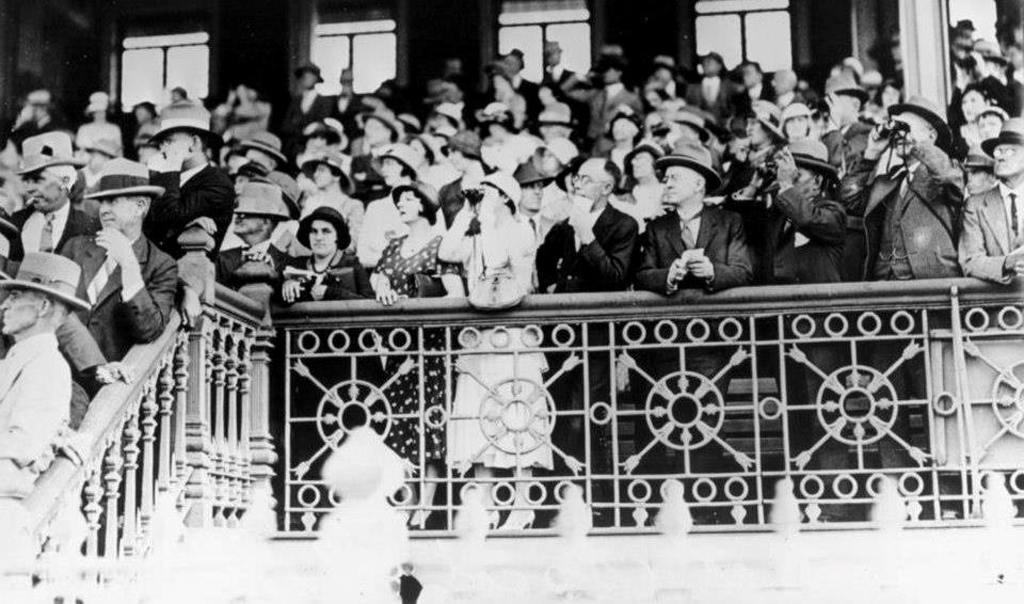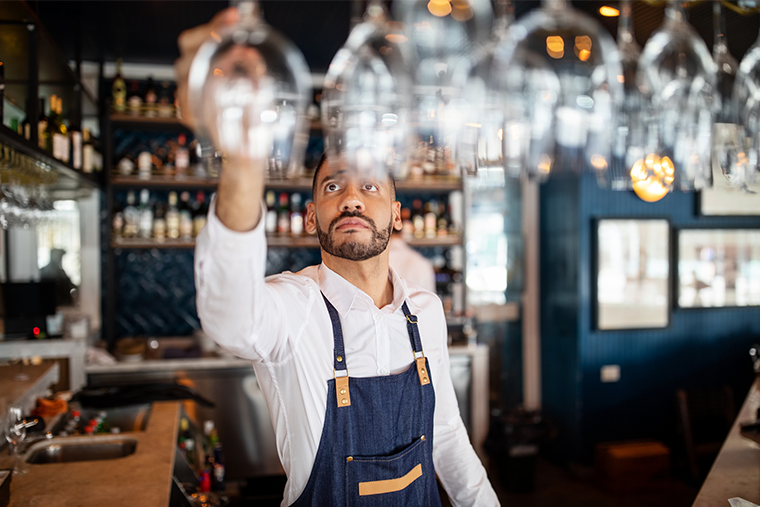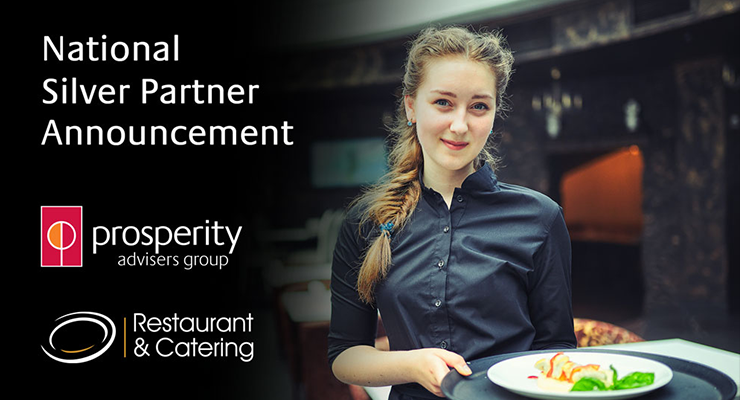(This article is written by Steve Gagel, Director of Business Services and Taxation. First published in Queensland Hotels Association’s Review Magazine – April 2022 edition)
They say it takes 21 days to form new habits. The impacts of Covid is fast approaching its two year anniversary and new habits have collectively turned into new industry trends. This article seeks to explore the changes that have been thrust upon us at an increasing rate of change and things that have changed forever in our industry.
Areas of Impact that I have witnessed generally are in one of three areas. Staffing is the biggest issue in all hospitality venues, followed by Technology take up and the resulting work from home arrangements currently becoming common in society. Below we look at the impacts of these three areas in more detail.
STAFFING
- Lack of skilled staff – kitchen staff remain hard to find. Wage pressures are increasing. Opening of international borders and relaxation of current Visa workers should see this ease but it will take some years to correct.
- Increasing competition for existing staff – sign on cash bonusses being offered to bar staff.
- Owners and operators are becoming more involved working in the business rather than on the business due to lack of staff.
- At the recent 2022 QHA Symposium, I asked the Qld Attorney General Shannon Fentiman when the Qld Government would address this situation and allow unvaccinated staff back into hospitality venues. With high vaccination rates it was pleasing to hear the Ministers response that “everything is on the table and open for negotiation”. We eagerly await an early positive response from government on this matter now that the serious risk of Covid has largely been addressed with adequate vaccination of not only Qld but the Australian population. Note that NSW has allowed unvaccinated workers back and Victoria will not address the issue until “well into 2022”.
TECHNOLOGY
- Massive initial growth of online food and alcohol ordering (largest change in online spending) and has been accelerating in the past 12 months. The emergence of “Black Kitchens” has lowered the cost structure of on producing food.
- Online gaming surged up to 198% when we initially went into lockdown with changes to online spending on gaming only second to online food ordering. Society pent up demand for gaming was released in July 2020 when operations started again.
- Less reliance on cash as it was seen as a Covid transmission device. Prior to Covid, cash was typically 40% of trade maybe up to 60% for venues with a lower age demograpic. Currently most venues are trading at 80%+ with card or device payment.
- Use of ordering from phones in venue – this alleviates table service pressures and payment handling at the bar.
- Gaming rooms with more space perceived to be safer for patrons. Clubs currently trying to be more like pubs, cutting the longer tails by taking machines off the floor in their gaming rooms and increasing average machine offering.
- Rapid development of the Covid Vaccine after a world wide focus on the one problem. Never before in history has so much time, money and attention been globally focussed on the one issue facing us all. We have been subject to various forms of Covid in the past but we have never been able to develop an effective vaccine. In light of this history it is truly mind blowing that humanity could come together and focus on producing many forms of vaccines. There continues to be strong debate, as there should be, on the pace to bringing these vaccines to market but history shows that it is indeed saving lives.
- Ability to work from home (see below) – technology has been the key enabler to allow our economy to continue.
WORK FROM HOME (WFH) PHENOMENON
- CBD activity over the past two years (Melbourne, Sydney and Brisbane) has dropped, ranging from its worst at 10% of pre covid levels to currently around 60%. Rightly or wrongly, state governments have put the fear of god into the population to initially shut down economies to protect society from a disease without vaccination then to gradually allow economic activity as vaccination rates increased.
- Video conferencing and remote working are now the norm for office workers. Twenty years ago you were considered advanced if you could flick on a computer at home via your analog ASDL dial up phone connection (that connection noise is currently in your head) and log in some of your work applications with a 5 second delay for each key stroke. Now office workers expect to have complete access remotely around the world in real time to a virtual desktop from mobile devices.
- Public transport seen as a Covid Enabler. Across the globe, the key to a good city is high density living and a good public transport to and from suburbia. Unfortunately, Covid also likes these two factors to replicate and spread in this ideal environment (think NSW cruise ship outbreak). Reduction in CBD activity is largely around reluctance to enter a small space with many people and to embrace public transport as in the past.
- Various reports show that during lockdown, an average office worker saved approx. $50 a week on transport and takeaway food. Coupled with reduced holiday spending (especially overseas) has allowed the population to increase spend on luxury food items and household items as well as big toys (boats, fast/classic cars and motorbikes). With the return of hospitality, there are subgroups that like to meet to discuss good food or common interest.
- Small batch brewing and slow cooking. During shutdown, I, like many, got involved with the ancient arts of home brewing and slow cook BBQ. Many that I talk to have indeed found time to explore at home with food and drink and now are looking for venues that allow them to get involved with the production of food and beer. I recently visited the Gold Coast at Miami and enjoyed talking to multiple brewers, distillers and artisian bakers in a relatively small area. I believe that those that are on premise are looking for an increased connection to the process from paddock to plate.
- With WFH comes more flexibility in where people are living. Data on the mobility of the Australian population to June 2021 shows that population movements have increased in Qld up 38K, up 6K combined for WA/SA/ACT/TAS, down 21k in both NSW and Vic down 21K and down 2K in NT.
FUTURE DIRECTIONS
- Staffing will remain tight for the mid term with unemployment tipped to remain well under 4% for the coming years.
- On device play on venue – casinos are developing back betting capability for table and electronic gaming machines.
- Environmental & Social Governance (ESG) – Coles and Woolworths have seen the pressure that shareholders around the world are placing on operations that do not fit into societies expectations in relation social harm around problem gambling. We have all witnessed the negative sentiment to coal producers with banks now largely pulling out of financing of coal operations to appease shareholder concerns. Climate Change, real or not, has a life of its own now and business large and small must address this move in world-wide perception.
- QHA & Clubs Qld joint collaboration on protection of problem gamblers with a state based data warehouse that can be linked to artificial intelligent devices to save problem gamers from themselves. We can see the problems with the more relaxed and less limited rules around gaming and associated potential harms currently occurring in NSW that there is a growing and angry public voice (including political pressure) to protect problem gamblers. This is an extension of the ESG concept.
- The Millennial generation want to support business that supports the planet or a cause. Do not underestimate the importance of reducing your carbon footprint and getting your younger patrons involved in saving humanity – if you are doing so make sure you make it known to your patrons.
- Travel overseas will be impacted for some time (and more so now with major international conflict) and the holiday cruising industry will struggle back into existence with lesser impact to onshore operations.
- With decrease in public transport usage, more individuals are turning to private transport, bike riding, walking and running into work. Patrons are becoming more focussed on health issues and staying healthy. Quality food and low/no alcohol drinks are becoming more and more main stream.
If Covid occurred 30 years ago, there is no doubt that the economic impact and death rates would have been much greater. Advances in technology have definitely saved our economies and more importantly lives. In the past we just could not work from home in most cases and the only way to gain heard immunity was wide spread contamination with death being an accepted consequence (refer back to the Spanish Flu outbreak at the end of World War One).
The QHA Symposium was created over a decade ago when I sat at a bar with good friends Curt Schatz (Mullins), Tony Bargwanna (Savills), Daniel Green (Ex Westpac and now Green Finance) and Craig Harley (IGT) – after a few mind cleaning ales we discussed how we could contribute back to the QHA members to show how much we valued the association and the careers it had afforded us. It is heart warming to see these people still mostly involved with the strengthening of the QHA and the Symposium concept.
Hospitality venues are an important social tool that spawns creativity and connection. Humans are social beings that crave personal attention and almost guarantee the future importance and success of business within our industry. As owners and operators, our aim is to observe and adapt to changes that are occurring around us to allow the basic and primal social need of humans to interact with each other in a safe environment. This is probably the only constant in a world with an ever increasing rate of change.



